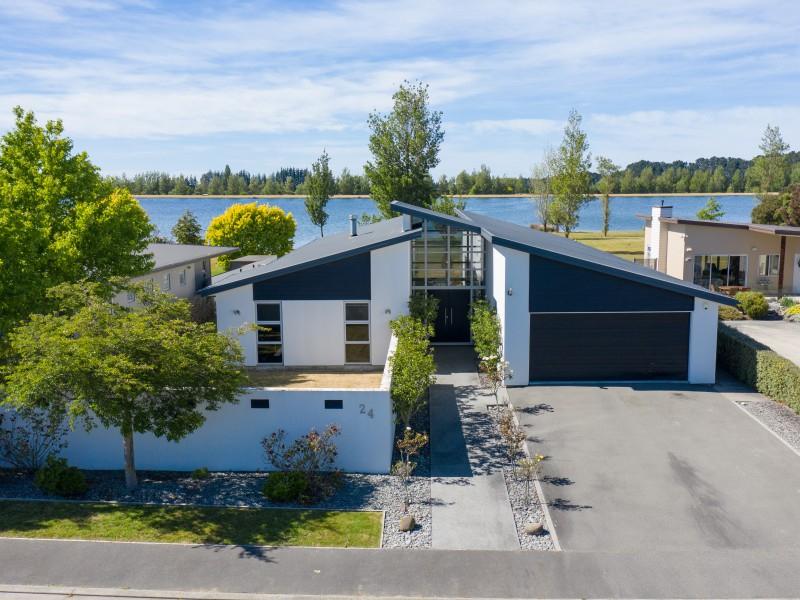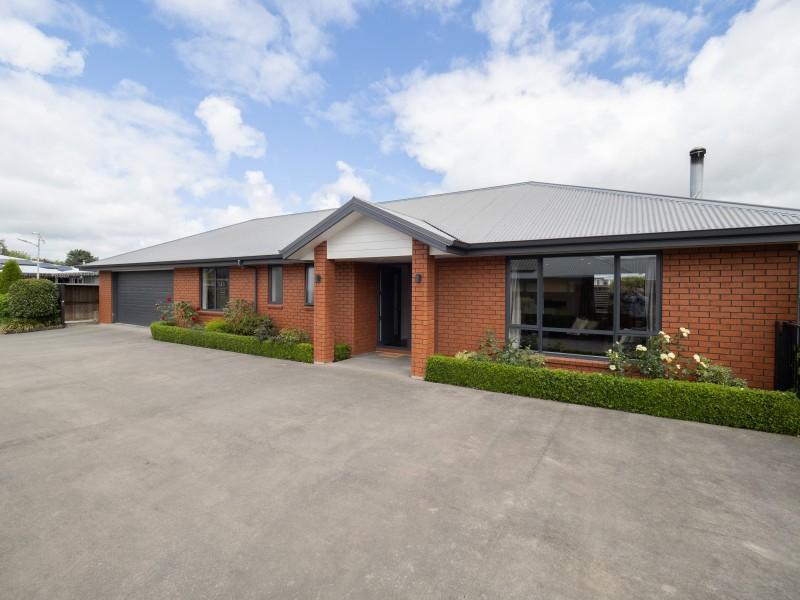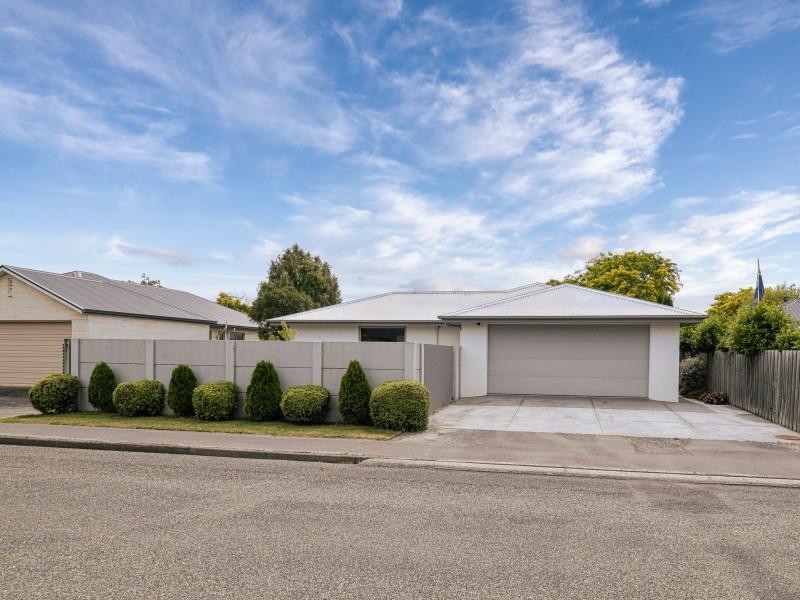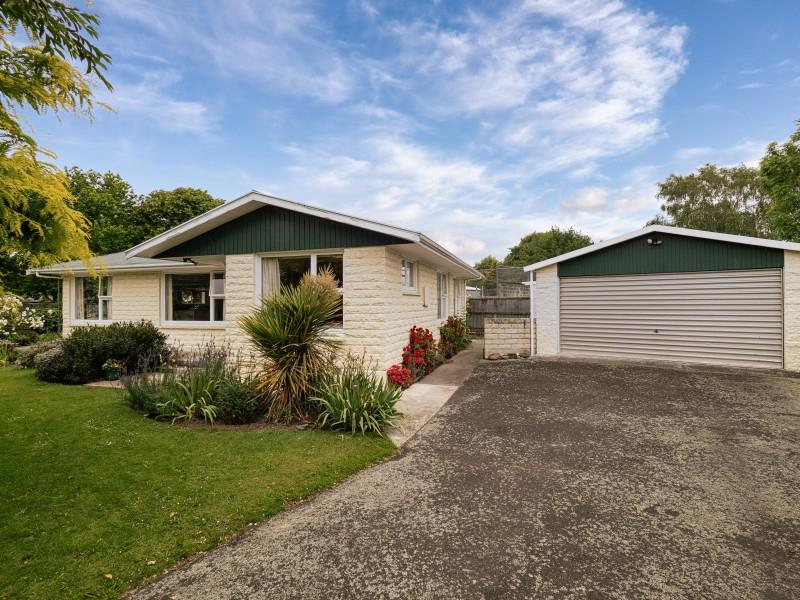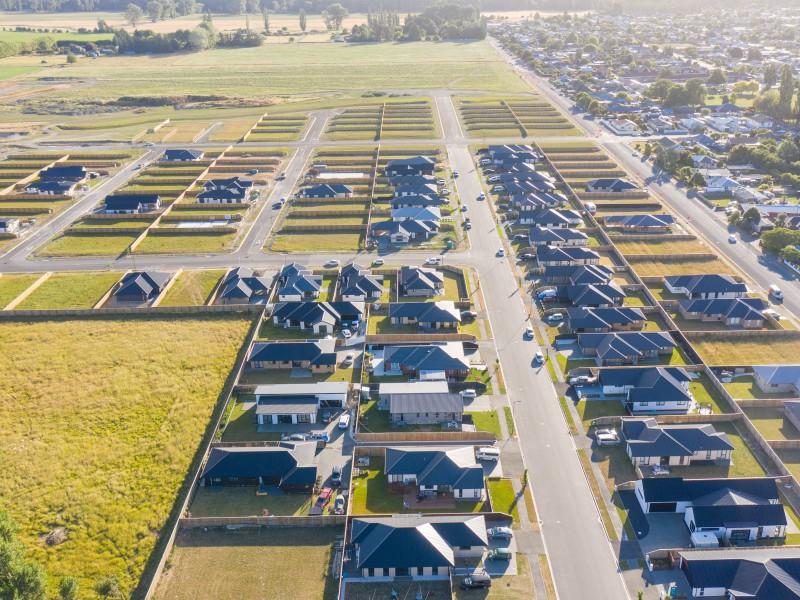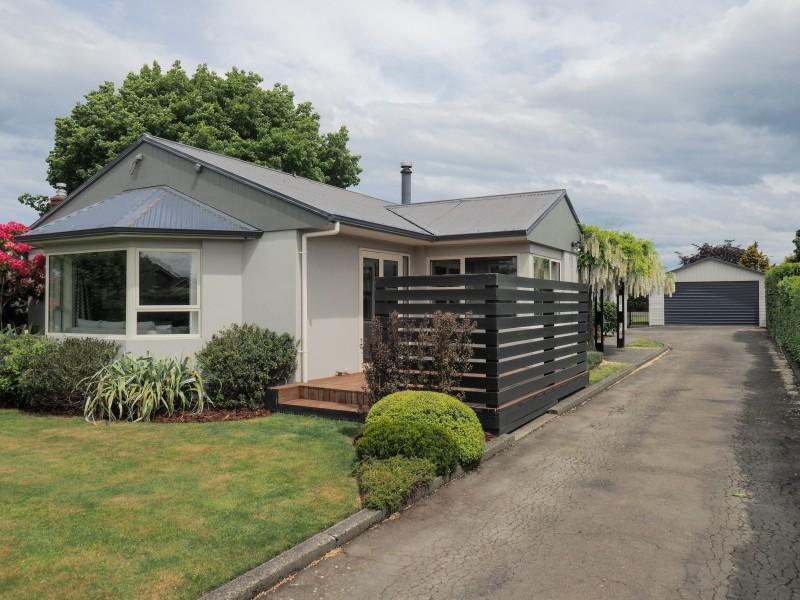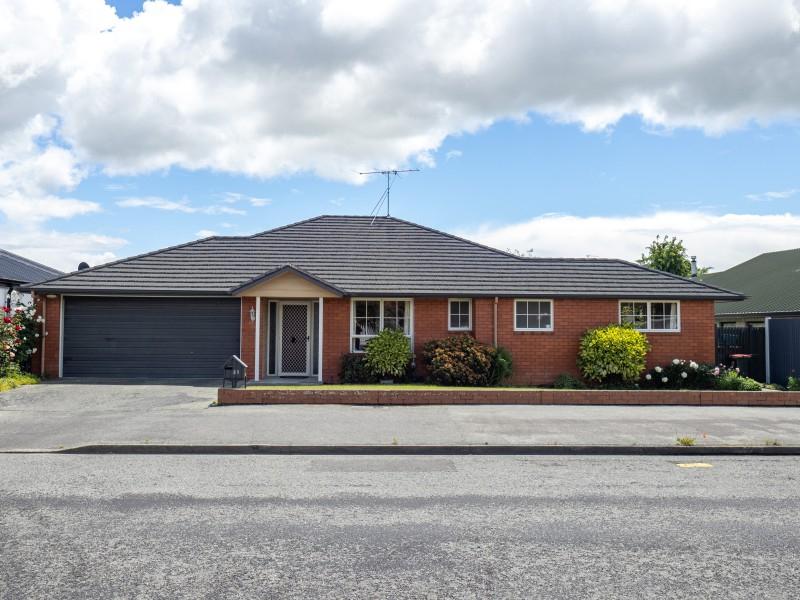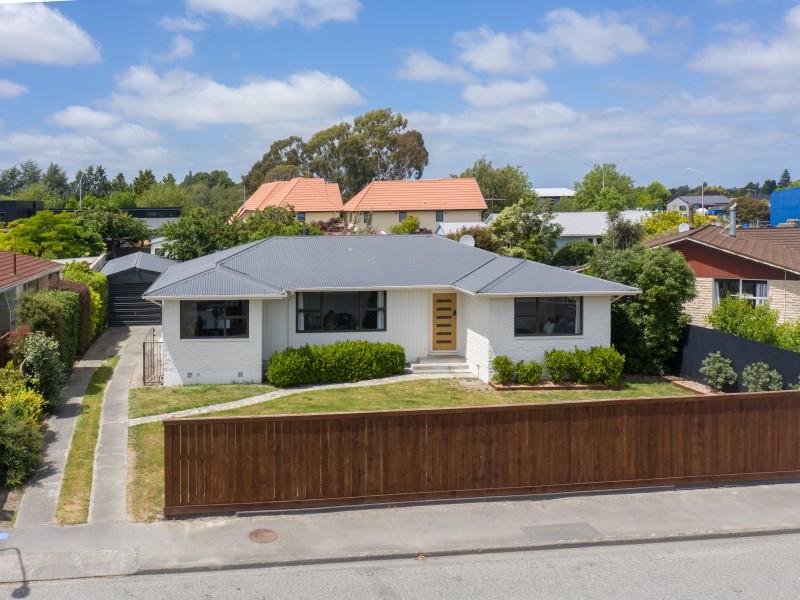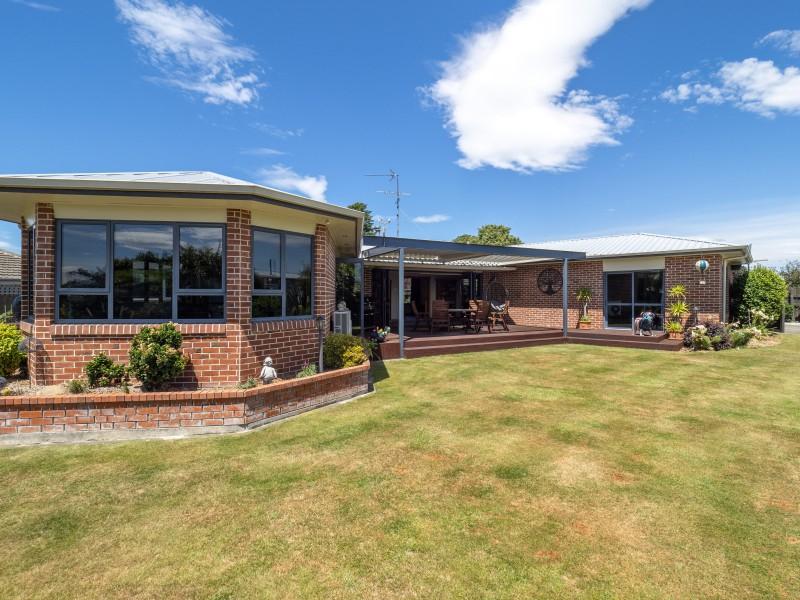West Coast communities will need to ‘help themselves’ if disaster strikes
By local democracy reporter Brendon McMahon:
When disaster hits the West Coast, people should not expect that help is on the way.
That's the plain warning from Westland Mayor Helen Lash.
She notes that "crystal ball gazing" needs to move to personal action.
"There will be no knight in shining armour. It's not going to happen. People need to understand that. The people we're going to rely on is ourselves. Anything other than that is a bonus," Mrs Lash said Monday.
The prospect of a massive Alpine Fault rupture (AF8) is now overdue and lines of communication along the 650km long region including roads, bridges, and power will be completely severed for weeks, if not many months.
A recent presentation to Hari Hari farmers by a river engineer noted the AF8 region-wide reality would be mass collapses of river valleys and hillsides with a total transformation of the landscape.
And those living south of Hokitika and north of Westport are particularly vulnerable due to single road access and some big rivers.
West Coast Civil Defence and Emergency Management group manager Claire Brown said a big focus for West Coast CDEM is "about community development".
Ensuring people in every district had an awareness, knew what they needed to do, and had the plan and contingencies in place were the key pillars, "at the end of it, helping communities to help themselves".
"That takes a lot of time and effort, she said.
"It also begins at home, locally held preparedness in the community you live in, how organised you are, how quickly are you able to coordinate a response."
That included an individual and local plan around finding access external communications.
Brown said fairly major events had already proven the complexities for the region.
The reverberation of Cyclone Gabrielle only reinforced that vulnerability.
"We know that it doesn't take a lot for the roading or infrastructure to be compromised."
Hokitika mayor Helen Lash said her biggest concern is that local residents have yet to overcome a complacency and to take some personal responsibility.
In the event, every little contingency already in place in the various neighbourhoods would be vital for the authorities to understand the bigger picture.
Breaking through that complacency was "flipping hard," particularly when some people held to an expectation that somehow a whole lot of external aid would arrive in an event like AF8.
Lash said she was passionate about an "from the ground up" approach that actually started at home.
"At the end of the day resilience is going to be the number one factor in the ability of communities to cope. Some communities have got on board."
A very impressive example was Harhari getting organised more recently with "a great team there".
They already had the fundamentals for an emergency operations centre in their settlement, and were working on a plan for alternative accommodation in an event for example.
Tools like organising a generator or planning an independent water supply should be happening now, Lash said.
She gave the example of own neighbourhood at Tutaki just south of Hokitika, which was highly likely to be cut off in the loss of the bridge despite its proximity to the main town.
Lash said Franz Josef was another good example of self organisation given what it had experienced in the past decade.
But people in every area urgently needed "to understand" they would be relying on their own resources for some time in a big disaster.
"It's going to rely on everyone pulling their weight."
What word sums up 2024, neighbours?
If 2020 was the year of lockdowns, banana bread, and WFH (work from home)....
In one word, how would you define 2024?
We're excited to see what you come up with!

Best way to use leftovers?
I'm sure you've got some excess ham at home or cold roast potatoes.
What are some of your favourite ways to use leftover food from Christmas day? Share below.

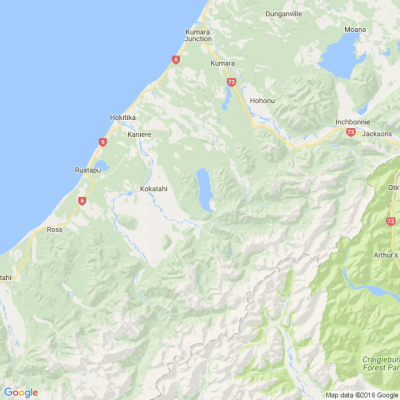
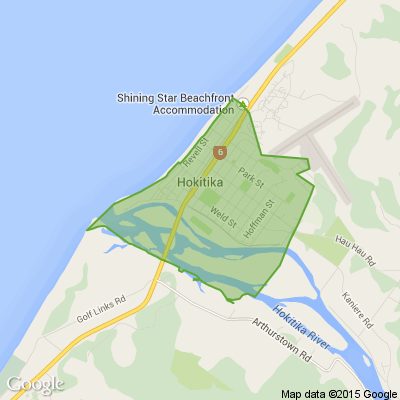





 Loading…
Loading…